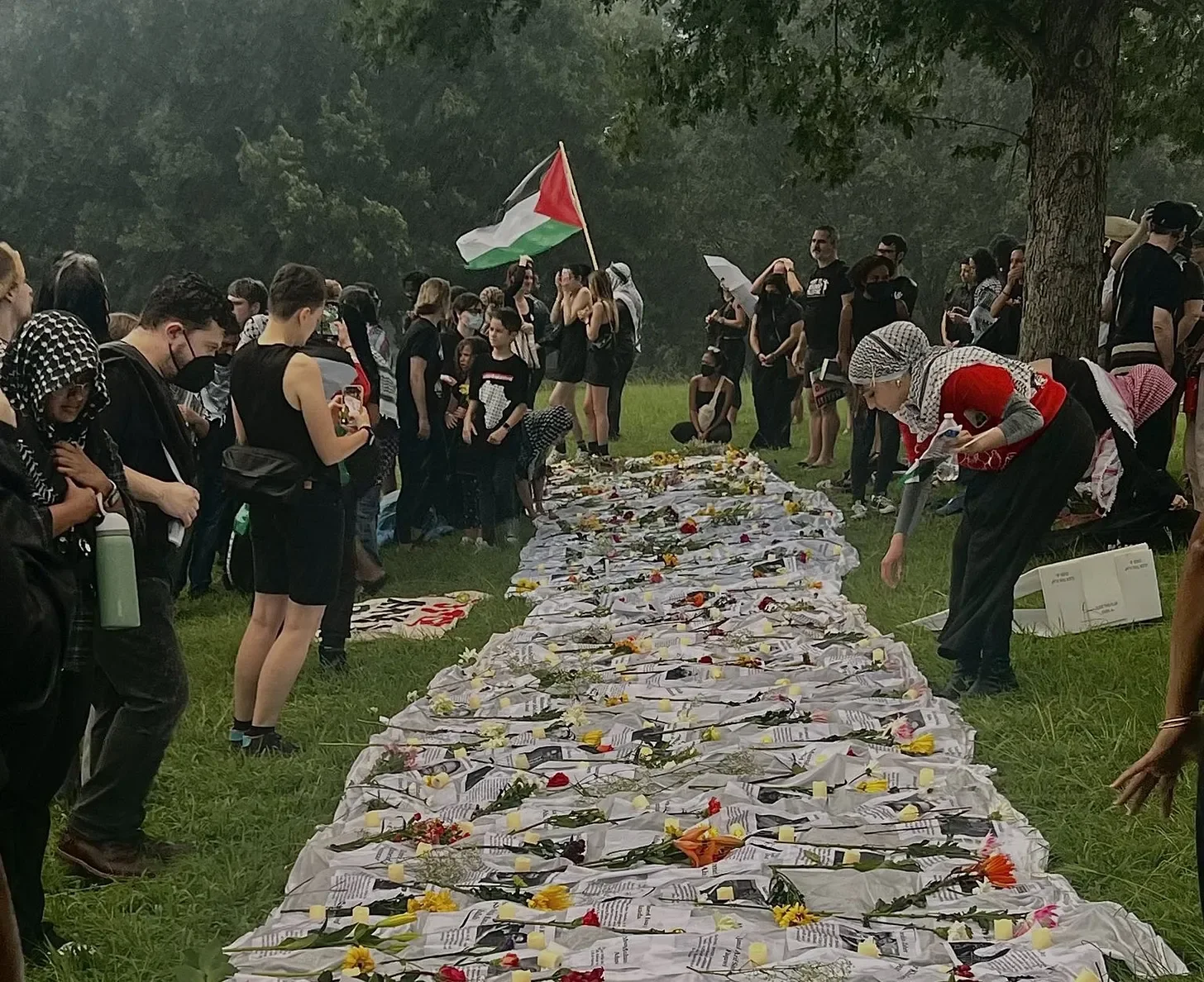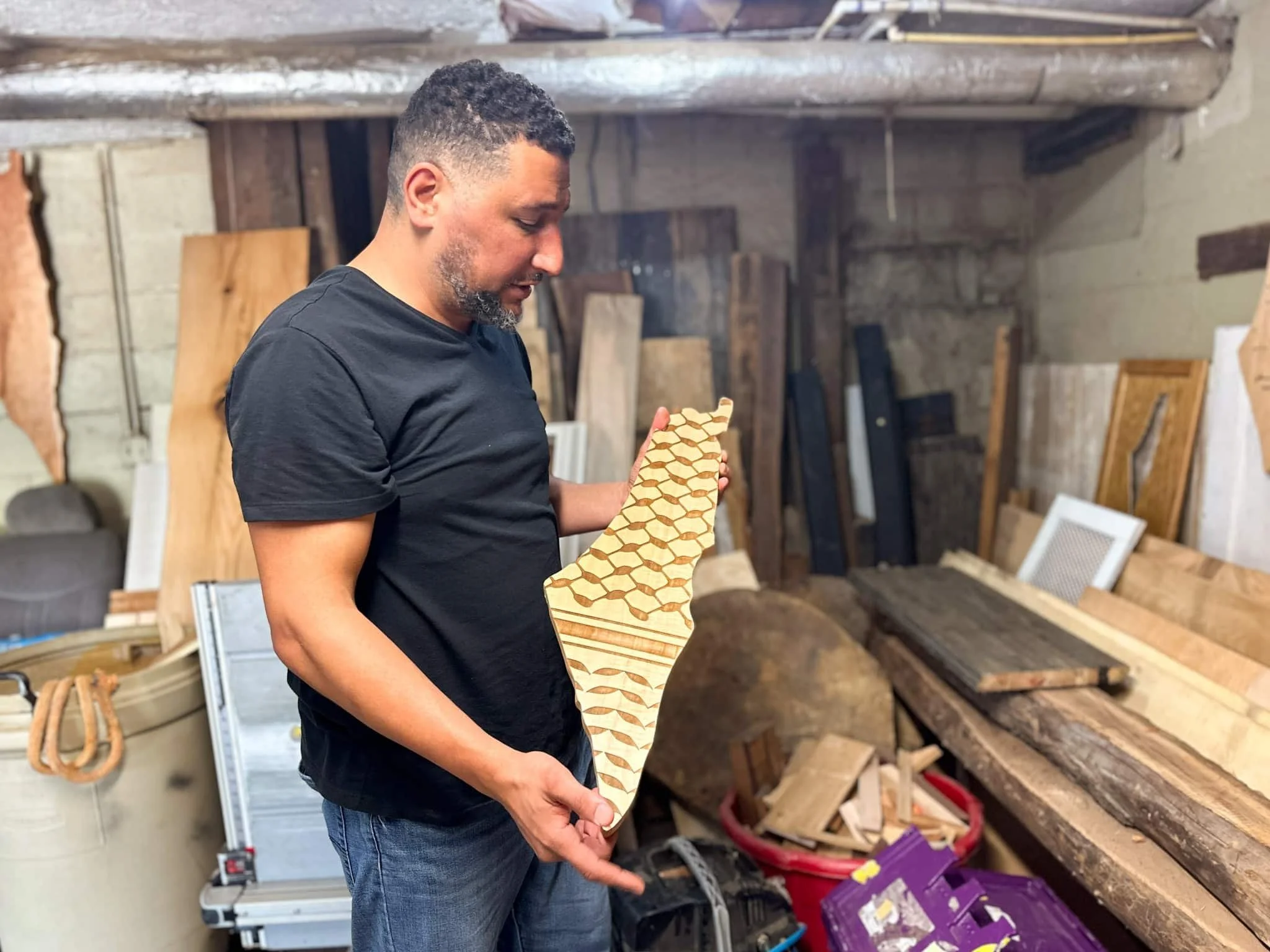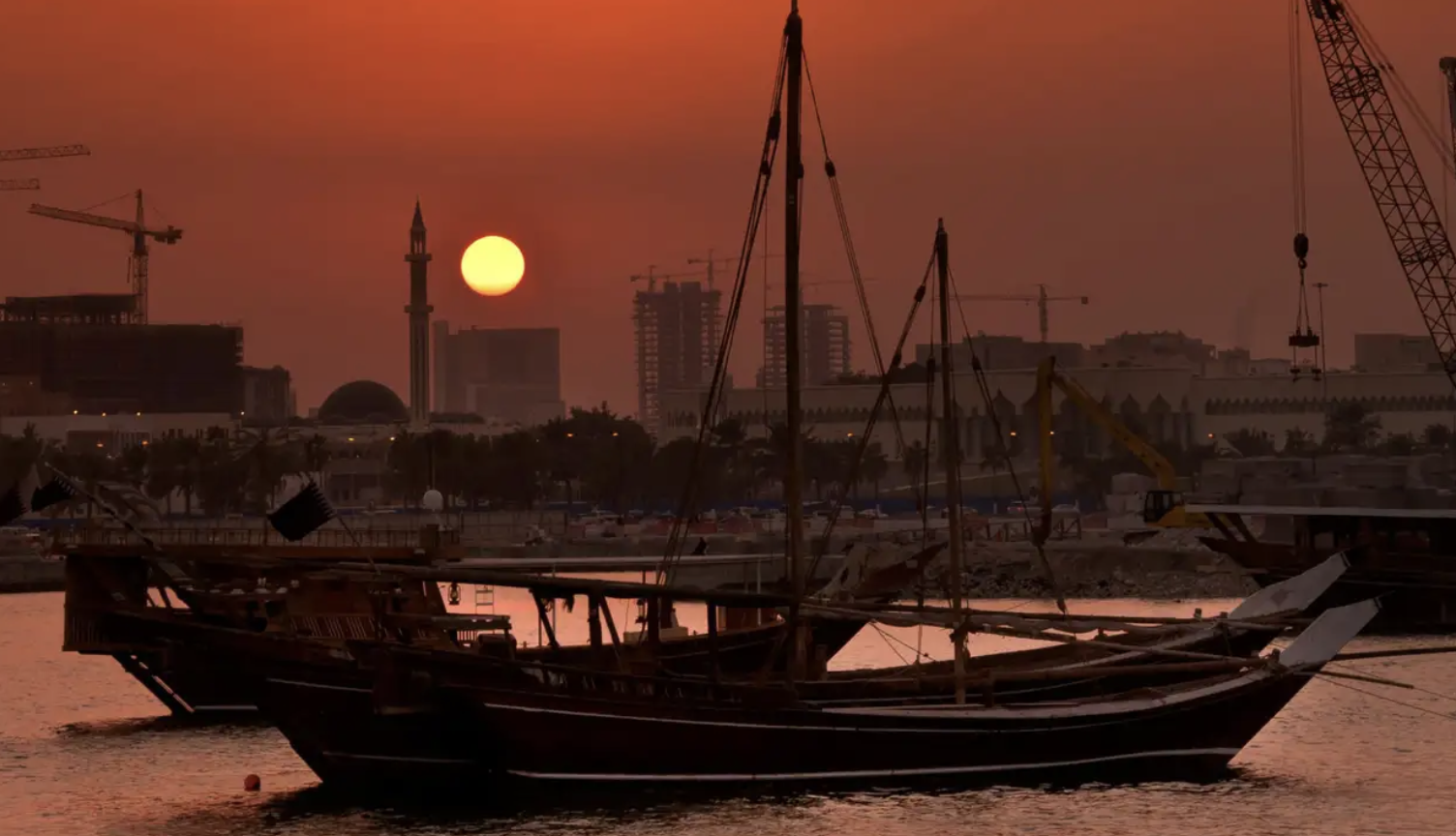
Hi there.
I’m Fiza, an independent journalist, writer, editor, and community organizer based in Atlanta.
The musician gained renewed attention last year for “Watermelon Seeds,” a song he wrote in response to Israel’s assault on Gaza. This fall, it’ll be part of his final full-length project, Heartbreak Phay.
Opening remarks from our second vigil for the martyred journalists of Gaza, held at Freedom Park in Atlanta, GA, US, on Saturday, Aug. 16, 2025.
Open late into the evening, Middle Eastern and South Asian coffeehouses serve as alcohol-free “third places” for those who’d rather skip the bar scene. And there’s a big appetite for them.
“I’ve always loved the map… It’s a thing with all of us Palestinians, really,” says artist Hamza Arman.
Hiatus is too delusive a word, goodbye too bitter. On parting ways with my immigrant mental health newsletter, Foreign Bodies.
Georgia State Rep. Ruwa Romman discusses the aftermath of being shut out of the DNC and responds to critics who say Palestinians should abandon the Democratic Party.
At 4, Chanel Miller could not lift a gallon of milk. She needed two trembling little arms to wet her cereal with “that white sloshing boulder.” And spillage was inevitable.
When Omar El Akkad returned to the playground where he snuck his first kiss as a teenager in Doha, Qatar, he was dismayed to find the swings and slides replaced with skyscrapers and hotels. But the rapid urban transformation of one of the richest countries on Earth reminded him of another kind of obliteration, a loss driven by his former country’s unnervingly rapid warming and its overpowering role as oil magnate—a role that may one day influence the fragmentation of millions of migrants’ own disjointed memories.
Covid-19 restrictions make grieving more difficult. Here are expert-backed tips for supporting people through the death of a loved one.
For millions of families across the United States, some variation of virtual school is officially in session. And while online learning presents a host of barriers for families everywhere, Black and Latinx students and students from low-income families—especially families with limited English proficiency—face more roadblocks to learning, driven in part by gaps in communication and access to devices and the internet.
It was only while fully submerged, my feet far from the ground, that my pain wholly subsided. Underwater, my body came alive.
In other collectivist societies, including my own Indo-Pak Muslim culture, it’s more uncommon to leave home if you’re single — and especially if you’re a single woman — than it is to stay, even if you’re financially stable and thriving. In fact, leaving home might even feel like a rejection to your parents, the way it still seems to make my own father feel.
Too often, we immigrant children keep our pain locked tight in a metal safe deep within because we feel our problems pale in comparison to the sacrifices our parents made. But our own hardships are exactly that — our own.
What does it mean to cultivate and protect a home you only met in adulthood? To be intentional about creating a new life in a community while honoring the longtime residents and neighbors who might view me as an intruder, a gentrifier, that new millennial on the block?
It’s going to be OK.
Those were the last words 16-year-old Alex Blackwell mumbled to her boyfriend on video chat around 2 a.m. one Wednesday morning last September, moments before she fell into a listless trance.















